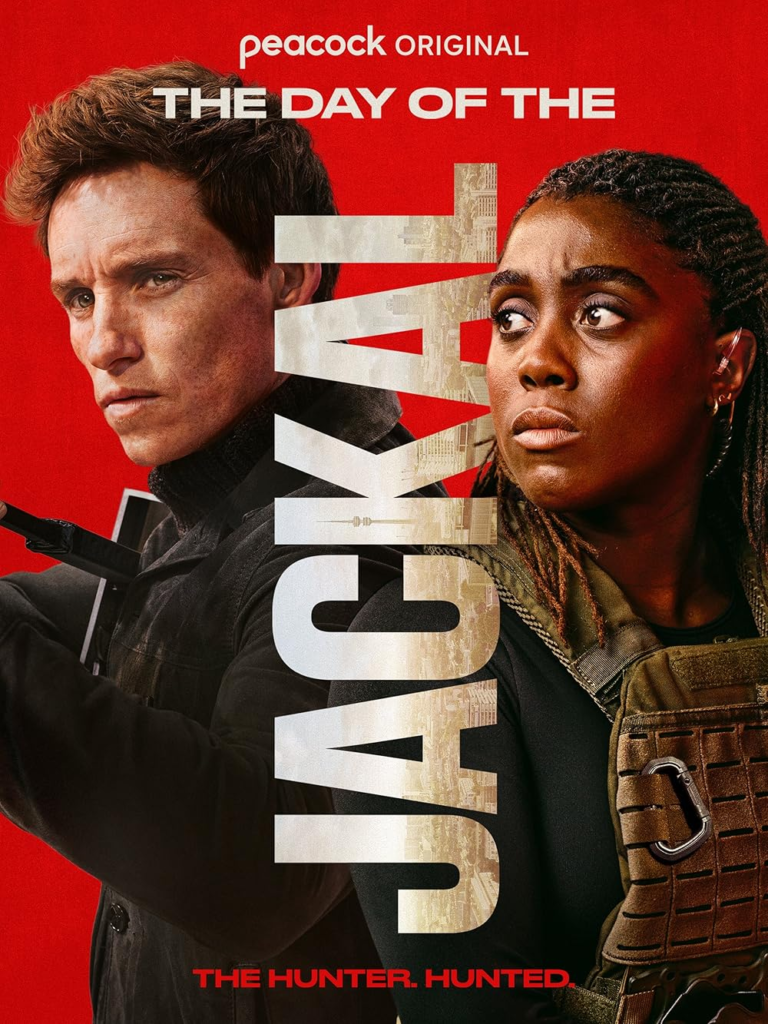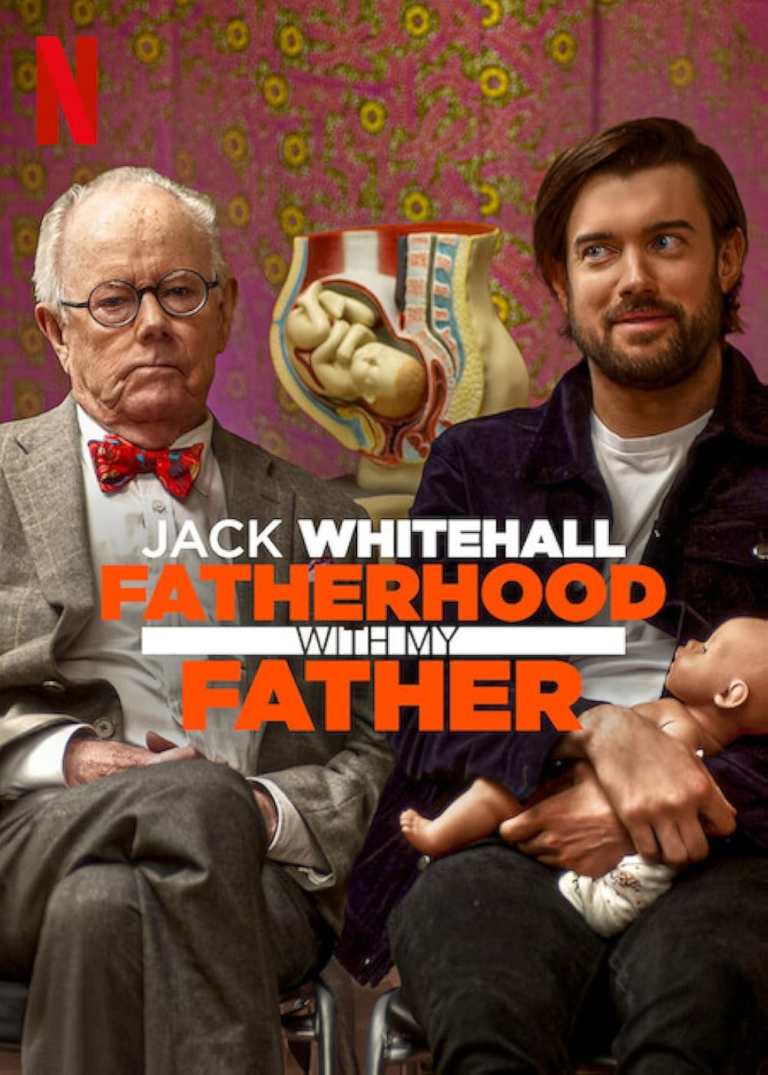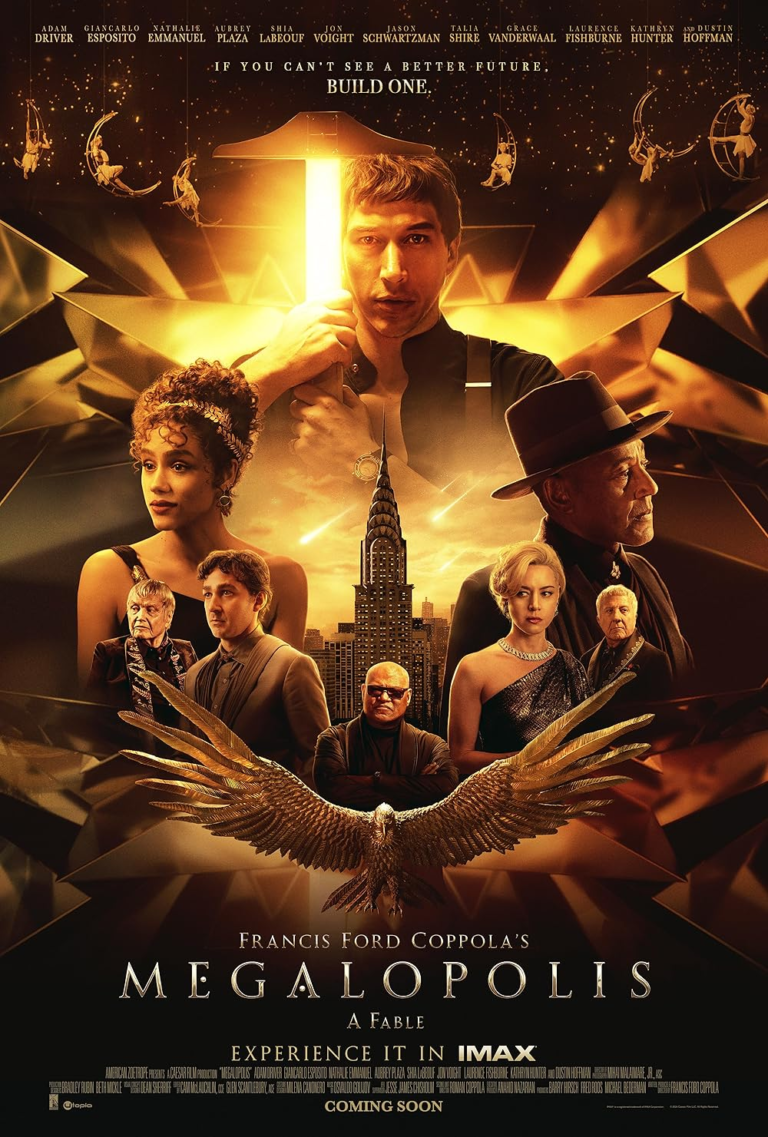The Day of the Jackal Christian Review

When you settle in for The Day of the Jackal, you’re not just watching a thriller. You’re signing up for a game of moral tug-of-war, one that teeters between fascination and revulsion. Peacock’s ambitious adaptation of Frederick Forsyth’s classic assassin story takes the bones of its source material and dresses them in sleek modernity, all while daring its audience to ask uncomfortable questions.
Eddie Redmayne stands at the heart of it all, a charismatic enigma who draws you in even as his character spirals further into darkness. As Christians, where do we land when confronted with such a figure? Can we appreciate the artistry of the performance without excusing the character’s sins? More importantly, what does the series teach us about human nature, the cost of obsession, and the moral cost of life itself?
A Chase That Won’t Let Go
The premise is deceptively simple: a master sniper is on the run, and a dogged team of authorities is trying to catch him. What unfolds, though, is anything but ordinary. The series doesn’t just deliver the cat-and-mouse game you’d expect—it elevates it. Every twist feels earned, every confrontation sizzles with tension. You feel the stakes in your bones, and the series never lets you get too comfortable.
But here’s where things get tricky: the Jackal is just so good at what he does. Redmayne plays him with this mix of cold calculation and almost seductive charm that’s unnerving. You catch yourself wondering if he’ll pull off his audacious mission, even though every fiber of your moral being knows that rooting for him is wrong. This, of course, is intentional.
For Christian viewers, this dynamic is a mirror, forcing us to reckon with our own hearts. Why are we fascinated by a man whose life’s work is destruction? Are we drawn to his confidence? His skill? Or are we simply captivated by the rebellion he embodies? It’s uncomfortable, but it’s necessary.
Redmayne’s Unsettling Magnetism
Eddie Redmayne is the show’s crown jewel, no question. He doesn’t just play the Jackal; he inhabits him. Every glance, every movement feels calculated, deliberate. He’s not just a man on a mission—he’s a force of nature, impossible to ignore.
And yet, Redmayne never lets you forget that the Jackal is deeply flawed. He’s brilliant, yes, but his brilliance is bent toward destruction. He’s compelling, but his charm is hollow, a tool for manipulation. As Christians, we’re often reminded of the dangers of elevating talent over character, and Redmayne’s performance is a masterclass in that principle. He shows us what happens when brilliance becomes untethered from morality—and it’s chilling.
At the same time, there are moments where the Jackal’s humanity peeks through. A flicker of doubt here, a moment of vulnerability there. It’s enough to remind us that even the worst among us are still human, still made in God’s image. That’s a hard truth to grapple with, but it’s an important one.
Style Over Substance? Not Quite
One of the first things you’ll notice about The Day of the Jackal is how stunning it looks. The cinematography is impeccable, every frame a work of art. The series doesn’t just tell a story; it immerses you in a world, one where danger lurks in every shadow and tension crackles in the air.
But this isn’t just style for the sake of style. The visuals serve the story, amplifying its stakes and drawing you deeper into its web. The same can be said for the writing, which is sharp and precise, and the pacing, which—while not perfect—keeps you hooked more often than not.
That said, the series isn’t without its flaws. Some of the subplots feel extraneous, and there are moments where the tension lags. But even in its weaker moments, The Day of the Jackal remains compelling, thanks in large part to its exceptional cast and tight direction.
Themes That Resonate
Beneath its glossy surface, The Day of the Jackal grapples with some weighty themes. The most obvious is the cost of obsession. The Jackal’s singular focus on his mission is both his greatest strength and his ultimate weakness. He’s so consumed by his goal that he loses sight of everything else, including his own humanity.
For Christians, this theme hits close to home. The Bible warns us against idolizing anything—whether it’s success, power, or even our own sense of righteousness. The Jackal’s story is a cautionary tale, a stark reminder of what happens when we allow our obsessions to consume us.
Another theme worth exploring is the value of human life. The series doesn’t shy away from the consequences of violence. Every death feels personal, and the show makes it painfully clear that no one is truly safe. As Christians, we’re called to see every life as precious, and The Day of the Jackal forces us to confront the devastating reality of a world where life is treated as expendable.
Wrestling with Ambiguity
What sets The Day of the Jackal apart from other thrillers is its willingness to embrace ambiguity. The Jackal is neither hero nor villain; he’s something in between, a morally gray figure who defies easy categorization.
This ambiguity extends to the viewer’s experience. The show doesn’t tell you how to feel about the Jackal or his actions. Instead, it invites you to wrestle with your own emotions, your own values. It’s a bold approach, one that challenges us to engage with the story on a deeper level.
For Christians, this wrestling is both a challenge and an opportunity. We’re called to discernment, to examine everything through the lens of our faith. Engaging with a show like The Day of the Jackal requires us to ask hard questions: What does this story say about humanity? About morality? About the nature of sin and redemption?
Final Thoughts
The Day of the Jackal is a masterfully crafted thriller that doesn’t just entertain—it provokes. It challenges us to confront our own biases, our own fascination with darkness. It’s not an easy watch, but it’s a worthwhile one, offering plenty of food for thought for those willing to engage with its complexities.
For Christian viewers, the series serves as both a cautionary tale and a mirror. It forces us to grapple with the darker aspects of our humanity, while also reminding us of the redemptive power of grace.
Rating: 8/10. A gripping, thought-provoking series that balances style with substance, anchored by Eddie Redmayne’s unforgettable performance. Not without its flaws, but its moral complexity and thematic depth make it a standout in the crowded landscape of modern television.






